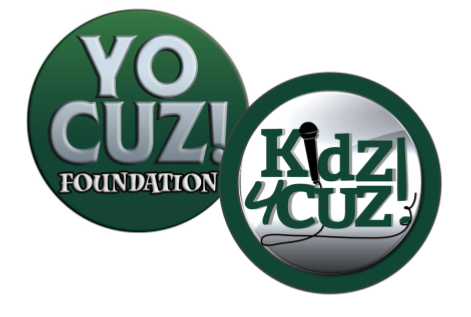
Resources
You never have to face the world alone. Here are some suicide prevention resources.
800-273-8255
✆
National Suicide Prevention Hotline
We can all help prevent suicide. The Lifeline provides 24/7, free and confidential support for people in distress, prevention and crisis resources for you or your loved ones, and best practices for professionals.
NAMI
🅸
The National Alliance on Mental Illness
The nation’s largest grassroots mental health organization dedicated to building better lives for the millions of Americans affected by mental illness.
Friends Hospital
🅷
Friends Hospital
On 100 beautiful acres in Northeast Philadelphia stands Friends Hospital, one of America’s oldest hospitals and the first private non-profit institution in the country, founded exclusively to help persons with mental illness.

Mental Health Conditions Defined
Use this section to better identify your or your loved one’s specific mental health condition in order to seek appropriate treatment:
PTSD
Traumatic events—such as an accident, assault, military combat or natural disaster—can have lasting effects on a person’s mental health. While many people will have short-term responses to life-threatening events, some will develop longer-term symptoms that can lead to a diagnosis of Posttraumatic Stress Disorder (PTSD). PTSD symptoms often co-exist with other conditions such as substance use disorders, depression, and anxiety.
Schizophrenia
Schizophrenia is a serious mental illness that interferes with a person’s ability to think clearly, manage emotions, make decisions and relate to others. It is a complex, long-term medical illness. The exact prevalence of schizophrenia is difficult to measure, but estimates range from 0.25% to 0.64% of U.S. adults. Although schizophrenia can occur at any age, the average age of onset tends to be in the late teens to the early 20s for men, and the late 20s to early 30s for women. It is uncommon for schizophrenia to be diagnosed in a person younger than 12 or older than 40. It is possible to live well with schizophrenia.
Depression
Depressive disorder, frequently referred to simply as depression, is more than just feeling sad or going through a rough patch. It’s a serious mental health condition that requires understanding and medical care. Left untreated, depression can be devastating for those who have it and their families. Fortunately, with early detection, diagnosis and a treatment plan consisting of medication, psychotherapy and healthy lifestyle choices, many people can and do get better.
Some will only experience one depressive episode in a lifetime, but for most, depressive disorder recurs. Without treatment, episodes may last a few months to several years.
Bipolar Disorder
Bipolar disorder is a mental illness that causes dramatic shifts in a person’s mood, energy and ability to think clearly. People with bipolar experience high and low moods—known as mania and depression—which differ from the typical ups-and-downs most people experience.


